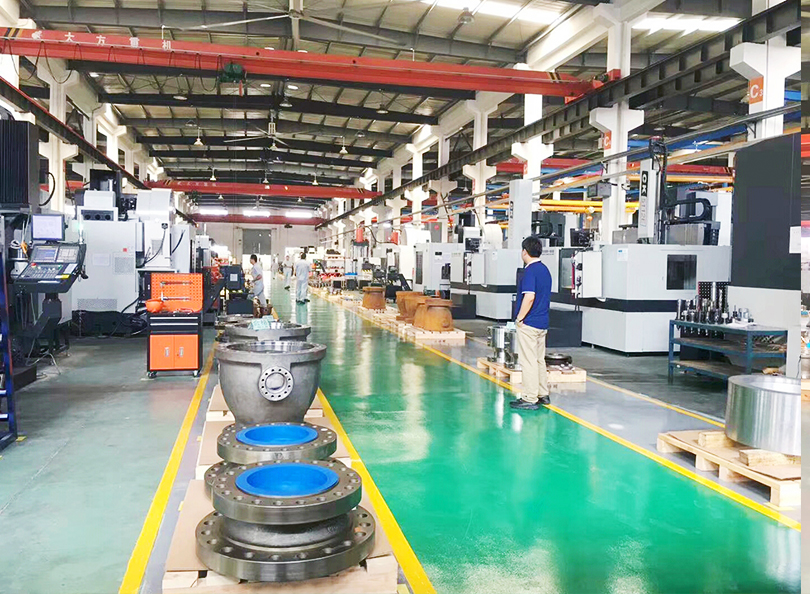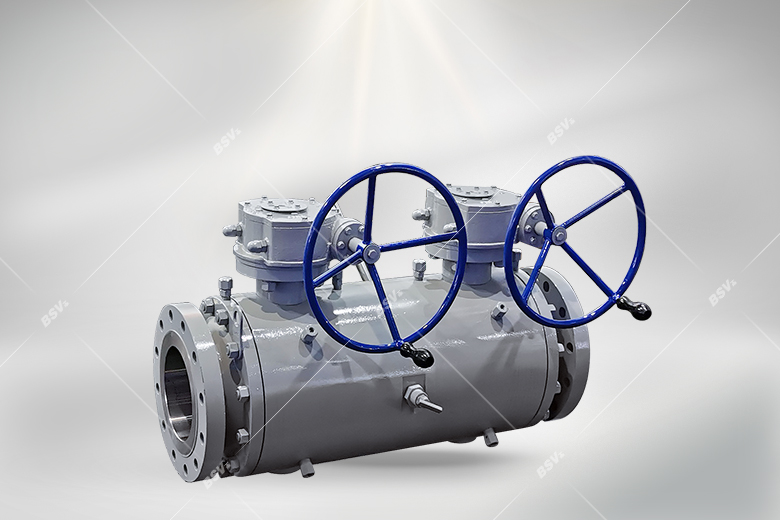Release time:2025-03-07Clicks:
When it comes to industrial fluid control, ball valves are one of the most versatile and widely used components. They are designed to regulate, direct, or shut off the flow of liquids, gases, or slurries in various industries. However, choosing the right ball valve material for your application is crucial to ensure optimal performance, longevity, and safety. At Lishui BSV Valves Supplier, we understand the importance of selecting the correct material for your specific needs. This comprehensive guide will help you navigate the key factors to consider when choosing the right ball valve material.
The material of a ball valve directly impacts its durability, resistance to corrosion, temperature tolerance, and overall functionality. Using the wrong material for a particular application can lead to premature wear, leakage, or even catastrophic failure. Therefore, understanding the properties of different materials and matching them to your operational requirements is essential.

Before diving into the specific materials, it’s important to evaluate the following factors that influence material selection:
At Lishui BSV Valves Supplier, we offer a wide range of ball valve materials to suit diverse applications. Below, we outline the most commonly used materials and their advantages.
Stainless steel is one of the most popular materials for ball valves due to its excellent corrosion resistance, strength, and versatility. It is ideal for applications involving water, oil, gas, and mildly corrosive chemicals. Stainless steel ball valves are commonly used in industries such as food and beverage, pharmaceuticals, and chemical processing.
Brass is another widely used material for ball valves, particularly in residential and light industrial applications. It offers good corrosion resistance and is relatively affordable.
Carbon steel is known for its strength and durability, making it suitable for high-pressure and high-temperature applications. It is often used in the oil and gas industry, as well as in power plants.
PVC ball valves are lightweight and highly resistant to corrosion, making them a great choice for chemical processing and water treatment applications. They are also non-toxic, which makes them suitable for potable water systems.
Bronze is often used in marine and plumbing applications due to its excellent resistance to saltwater corrosion. It is a durable and reliable material for valves exposed to harsh environments.
In addition to the common materials listed above, certain applications may require specialized materials such as:
In some cases, the base material of the ball valve may not provide sufficient resistance to corrosion or wear. In such situations, coatings or linings can be applied to enhance the valve’s performance. Common options include:

At Lishui BSV Valves Supplier, we pride ourselves on offering high-quality ball valves tailored to your specific requirements. Our team of experts can help you choose the right material based on your application, budget, and operational conditions. We also provide custom solutions for specialized needs, ensuring that you get the best performance and value from our products.
We understand that the reliability of your fluid control system depends on the quality of its components. That’s why all our ball valves undergo rigorous testing and quality control to meet industry standards. Whether you need a standard valve or a custom-engineered solution, you can trust Lishui BSV Valves Supplier to deliver excellence.
Choosing the right ball valve material is a critical decision that affects the efficiency, safety, and longevity of your system. By considering factors such as media type, temperature, pressure, and corrosion resistance, you can make an informed choice that meets your application’s needs. At Lishui BSV Valves Supplier, we are here to guide you every step of the way, providing expert advice and top-quality products. Contact us today to learn more about our range of ball valves and how we can help you achieve optimal performance in your operations.
Remember, the right material can make all the difference. Trust Lishui BSV Valves Supplier for all your ball valve needs!